[disclose]
Our goal for 2018 is to visit more countries in Africa – Ethiopia is on the list so we are really hoping for a good deal to pop up. Jennifer of the blog, From Mississippi with Love, who previously wrote about Nice and Cote d’Azur, France, Lebanon, Bhutan, Nairobi, Tel Aviv, Namibia and Victoria Falls, recently went and here are her practical tips to Ethiopia.
If you would like to write about your recent travel experiences on The Flight Deal, submit your pitch here.
====
One of the oldest countries in the world, Ethiopia is the second-most populous country in Africa and bordered by Eritrea, Djibouti, Somalia, Kenya, Sudan, and South Sudan. On the African continent, Ethiopia is the only country that has never been colonized and is thus teeming with an incredible culture that has sustained the test of time. Given the recent political turmoil, it makes sense why people are apprehensive about taking the plunge to a faraway land that seemingly is so difficult to travel around. But it is one of the most gorgeous, enchanting, and culturally interesting places that I have ever had the pleasure of traveling to!
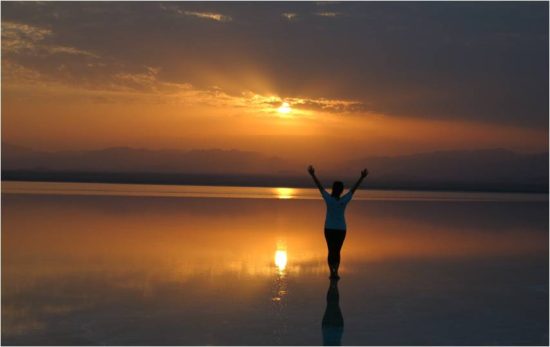
Salt flats, Danakil Depression.- Photo: (c) 2017 – Jennifer Wong of From Mississippi with Love
Getting in
Addis Ababa’s Bole International Airport (ADD) is serviced by Ethiopian Airlines, and a handful of Middle Eastern airlines (Turkish Airways, Emirates, Gulf Air, EgyptAir, flydubai, Qatar Air). For US citizens, you can obtain a tourist visa for Ethiopia on arrival. The single-entry one-month visa will cost you $50, and a single-entry three-month visa will cost you $70, so make sure you have the cash on hand. Do note that you are not allowed to work under this visa and a “No Employment” stamp is made very visible. Multiple-entry visas are available only with prior approval from the Ethiopian Ministry of Foreign Affairs.
Proof of yellow fever vaccination upon arrival is required. Additionally, there are strict laws and regulations around the transportation of any wildlife products. Ethiopia’s Revenues and Customs Authority may seize any product carried by travelers lacking approved paperwork with other penalties including imprisonment and fines. Objects made from horn, hide or bone are particularly targeted, and they are particularly sensitive around ivory products!
Lastly, most hotels do offer free airport transfers, but you will need to book it in advance. Given the traffic conditions, you may end up waiting in excess of an hour if you wait until landing to call the hotel!
Currency
Ethiopia uses the Ethiopian Birr (ETB). Note that while there are ATMs present throughout the country (and in the airport itself), these may not be the most reliable, and as such, you should definitely carry cash in a major currency (USD, Euro, GBP, Swiss Franc, Japanese Yen). Cash can be exchanged at the airport or elsewhere. My tip: I always try to withdraw money from the ATMs first (with my no-fee Charles Schwab account!), and if that’s not possible, then I will exchange cash. It’s always handy to have more cash than less!
Transportation
Public buses are available, but they are quite slow and basic. Those traveling a short distance often wait to fill up before taking off while those traveling longer distances leave extremely early. A new railway system has recently been built and now offers the ability to travel to certain places by train. Given the inefficiency of the bus and the limited number of cities the rail is connected to, taking flights and cars may still be the best option.
Domestic flights are the easiest way to travel to the major destinations in the country. Ethiopian Airlines is the sole operator of domestic flights; however, flights are often overbooked and schedule changes are frequent, so be sure to confirm your tickets at least one day in advance. Show up to the airport with plenty of time to check-in, go through security, and wait for your flight.
Once at a new destination, you can rent a car or hire a driver to take you around. The most convenient option is to book it through a touring company as they can vouch for a driver’s credentials and handle the logistics. Some destinations, such as the Danakil Depression (see below), are only accessible by car.
Communication
The official language of Ethiopia is Amharic though most young people can also speak English as it is the primary language in schools.
Destinations:
There is no good way to describe Ethiopia. Culturally, it is the most interesting place I have ever been to, and most of its heritage has been preserved given that it has never been colonized. The natural beauty of the landscapes is indescribable. The pictures definitely do not even begin to do it justice!
- Historic routes, churches, and mosques: The rock churches of Lalibela may have made it onto the New York Times and many BuzzFeed lists, but there is a whole Historic Route that storyboards Ethiopia’s long past through ruins and castles in Gondar and Axum.
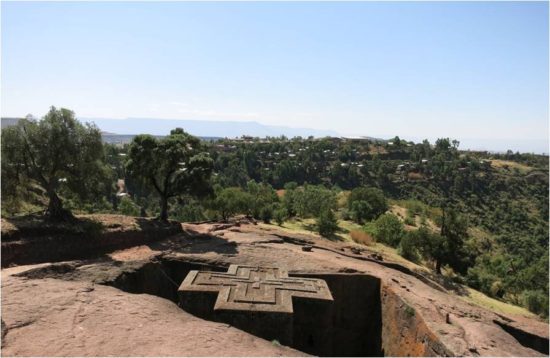
Rock churches, Lalibela. – Photo: (c) 2017 – Jennifer Wong of From Mississippi with Love
- Danakil Depression: Flying into Mekele and driving almost an entire day just to reach the Danakil Depression is quite a commitment but one worth making a million times over. One of the hottest, driest, and lowest places on the planet, the Danakil Depression is home to the nomadic Afar people, who continue to mine salt from the salt lakes and transport them to the market in Mekele using camels and donkeys. In addition to salt lakes, cracked earth and sulfur lakes abound, making for an almost Dr. Seuss-esque reality.
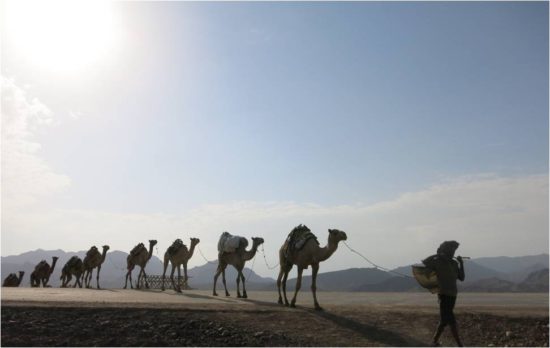
A young Afar man transporting salt via camels. – Photo: (c) 2017 – Jennifer Wong of From Mississippi with Love
- Erta Ale: Erta Ale is the most active volcano in Ethiopia, which also has the longest-existing lava lake in the world. After camping and sleeping for two nights under the open air stars, you can hike up to Erta Alle at sunrise (to avoid the heat of the day!) and watch the lava lap up the sides of the volcano.

Erte Alle, Danakil Depression – Photo: (c) 2017 – Jennifer Wong of From Mississippi with Love
- Simien Mountains: This mountain range National Park offers some of the most spectacular landscapes and trekking available on the continent. It is on the UNESCO World Heritage List and offers hiking paths that visitors can follow to spot rare wildlife and spectacular views.
- Rift Valley Lakes: These seven lakes offer many luxury resorts, where you can watch birds or do watersports.
And the food – once you get used to injera, you’ll never go back!
Internet
Buying a SIM card or data is an extremely complicated process that will take a lot of time and paperwork. Some bars and cafes will offer free internet as well as most hotels. If you are comfortable without continuous internet access, this type of intermittent access will allow you to accomplish most things; however, if you are someone that needs to be connected all the time, then roaming options should be explored with your cellular carrier though even that may not be an option given the government’s monopoly on telecom! (Editor’s Note: T-Mobile and Project Fi users — it will not work in Ethiopia.)
Clothing
Ethiopia is one of the places where I would caution travelers to dress conservatively. Most of the regions in the country are highly religious, and given that you are already noticeably foreign, it may help to not draw further attention to yourself. Nightlife wear can be more casual than in New York as no bar or club will turn you away for not wearing your heels and bodycon dresses! Avoid short shorts, miniskirts, strapless and tank tops if possible.
If you are traveling to religious sites, such as Lalibela, you will need to bring a scarf and pants / leggings in order to access the churches. Do be respectful of the different norms and customs!
Safety
Despite the long write-up following this, Ethiopia is quite safe if you travel smartly (i.e., don’t wander off by yourself at night, do not seek unwelcome attention, be aware of your surroundings!). In Addis Ababa, pickpocketing, purse snatching, and thefts from vehicles are common, and thieves are present throughout the city in both day and night. Be particularly mindful of your surroundings in touristy places, including Bole Road, in the Piazza, and in the Merkato.
Travel at your own risk to the conflict regions, which are located primarily on the border areas (Kenya, Eritrea, Somalia, Sudan, and South Sudan). There are few tourist attractions in many of the regions, especially given the presence of terrorists, bandits, and land mines. However, the Danakil Depression is among one of these regions (on the border with Eritrea), and it is magnificent and absolutely worth a visit. Most organized tours will arrange for armed escorts to accompany tourists into the region, which will cost extra. It’s a trip not for the risk-averse, but having gone and seen only the stunning natural landscapes instead of land mines and terrorists, I would highly encourage you to look into this!
About the Author
Growing up in rural Mississippi, Jennifer always dreamed of exploring the world. Since those days, she’s developed irresistible wanderlust and called a number of places home: US (San Diego, San Francisco Bay Area, New York, Philadelphia), England, Malawi, Liberia, Israel, Kenya, and most recently, France. She’s in love with her sports teams (the New Orleans Saints and Manchester City), running (currently training for the Berlin marathon), and adrenaline sports (skydiving, cliff jumping, bungee jumping, sandboarding). One day, she hopes to utilize her love of cooking and sports by opening up her own Southern-style boozy brunch sports pub. Follow her on her blog, From Mississippi with Love or @jennnnnwong on instagram.
=====
To make sure you receive our latest deals, LIKE our The Flight Deal Facebook Page, follow us on Twitter @TheFlightDeal, Threads @TheFlightDeal or The Flight Deal WhatsApp channel or subscribe to The Flight Deal RSS Feed or Subscribe via Email (Once a Day)
The Flight Deal does not sell travel products or services. We provide you with information about third-party travel suppliers’ offers, and link you to their sites. The information posted by The Flight Deal is valid at the time of publication. However, we have no control over the suppliers, and we therefore do not warrant or guarantee that their offers will not change or become unavailable. Nor are we responsible for their products, services or site content. Please see their sites for their most up-to-date offer information and all applicable terms and conditions.
Sign up to receive The Flight Deal Daily DealsLetter, to stay up to date with the latest and greatest flight deals available.

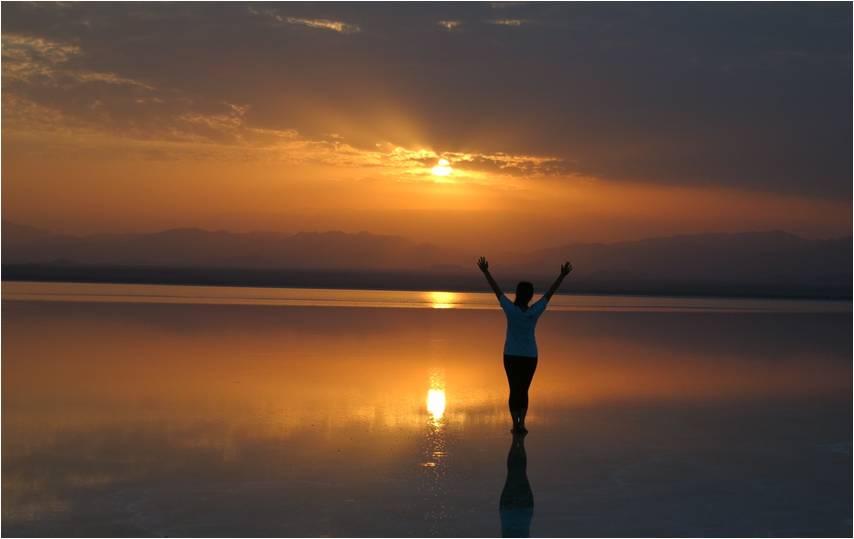
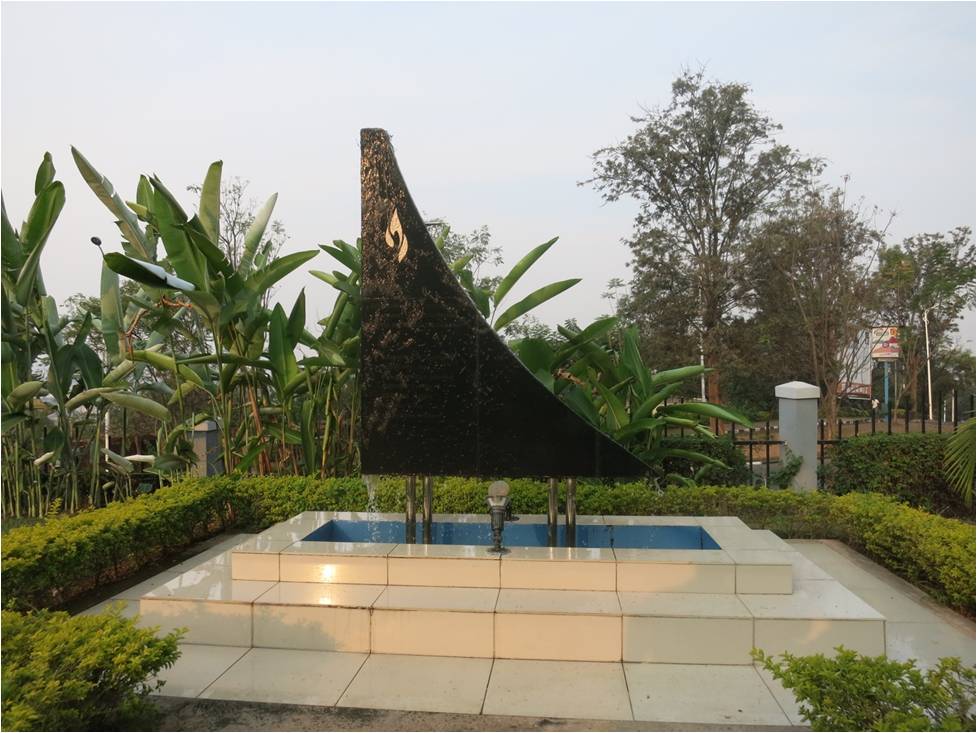
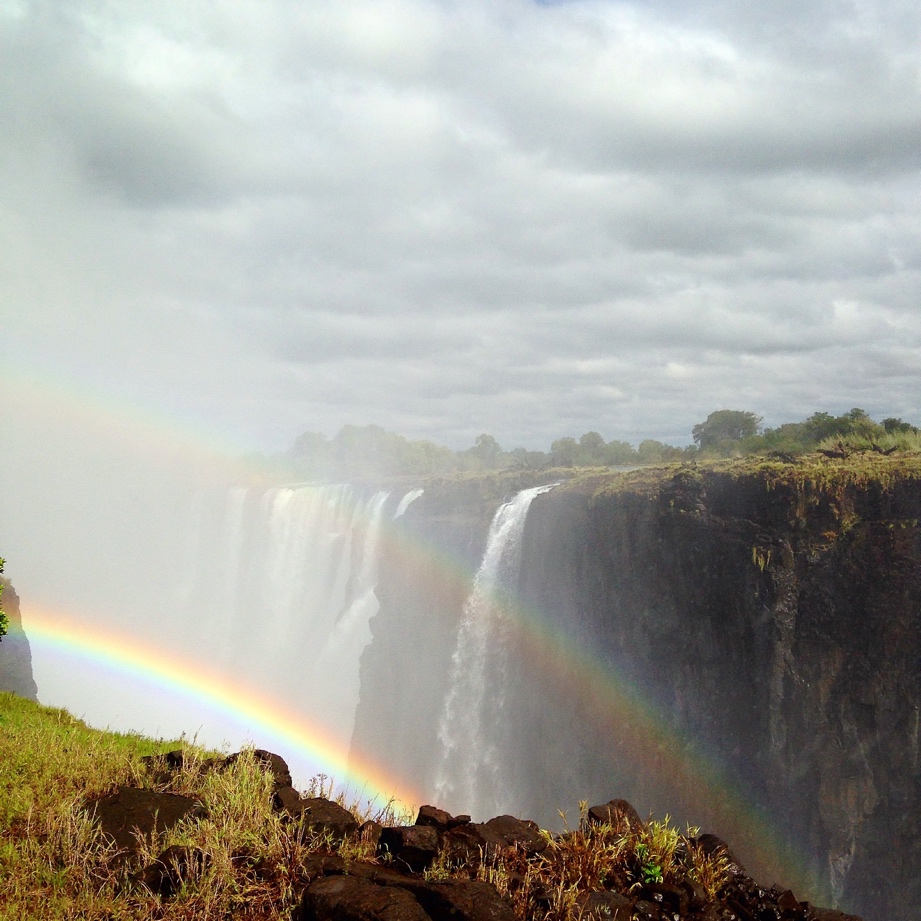
The tips are awesome. Ethiopia being the second-most populated country in Africa is the only country which has never been colonized and therefore it teems with a good culture which has remained firm for a long time. After reading the tips in this article, you will discover that Ethiopia is a very good place to travel to.
HI,
I thought the yellow fever vaccination is not mandatory unless you come from a country with high risk of yellow fever.
@Low – according to the US state department, a yellow fever vaccination is required. there is no verbiage about only if arriving from country with high risk of yellow fever.